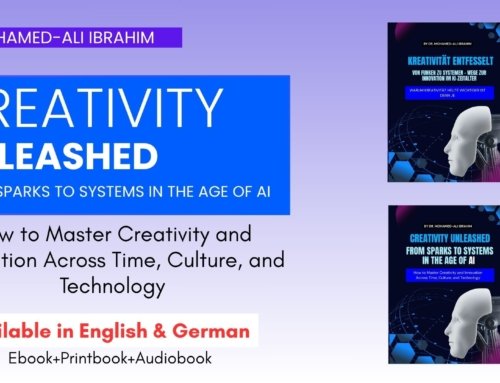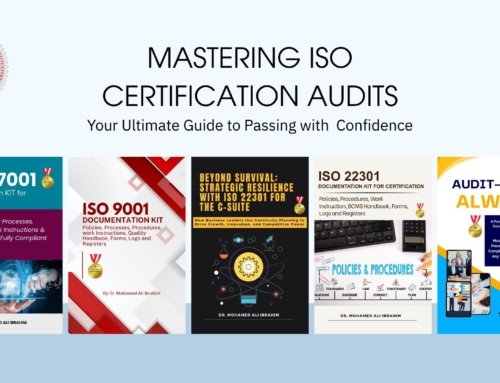Decline in the idea of a ‘job for life’ as ‘generation purpose’ calls upon businesses to address today’s societal issues
The next generation of business leaders puts purpose at the centre of their career, a new international survey amongst 19- to 26-year-olds shows.
The Future Skills Survey, conducted by Saïd Business School, University of Oxford, found that 89% of respondents defined success as having a positive impact upon society and others, and sent a clear message to businesses that they should take a stronger stance on addressing societal issues. Almost two-thirds of respondents (63%) shared the view that too many businesses avoided taking a stand, while 60% called for businesses to have more CSR commitments in place to tackle today’s global challenges.
The survey, which assessed the views of 3,500 respondents in the UK, USA, South Africa and China, who were either at university or had graduated in the last three years, also calls into question the idea of working in an industry for life, with over two thirds (69%) stating they envisage having more than one career.
Peter Tufano, Peter Moores Dean and Professor of Finance, Oxford Saïd, said: ‘So many of the views were shared globally, with young people across the globe embracing a societal purpose and insisting that businesses do so as well. Recent world events have encouraged some CEOs into the limelight to speak on the issues of the day while others have used political disarray to advance their narrow interests. Our survey results show that meaningful initiatives to address global agendas are no longer just ‘a nice to have’ but rather are demanded by young people and others in society. Leading business schools need to strengthen partnerships with academics across multiple disciplines and with corporates to support the next generation of leaders to successfully deliver value not only to shareholders but to the communities in which they operate and the broader world.’
The survey also found that the next generation is likely to go it alone in business with half of respondents wanting to be their own boss. Flexibility is a key driver behind this, with ‘a good work-life balance’ cited as the top career demand amongst respondents. Earning a significant pay check ranked just eleventh in the list of their career priorities.
2 in 3 respondents (67%) felt optimistic about their future careers but said that business success depended on developing a set of soft skills – most importantly problem-solving, communication, decision-making and leadership skills.
‘A desire for flexibility and control over their careers is causing people to reassess traditional career routes, making launching their own enterprise an attractive proposition,’ Professor Tufano commented. ‘This, combined with an understanding that technological advancement is changing the role of work, means we may be moving to a world in which individuals work in multiple industries and undertake several retraining periods in their long working lives. The challenge for business schools is to adapt and rethink the timing and structure of a ‘lifetime of education’, which our new digital programmes on fintech and blockchain start to address.’
For more information or to speak with Peter Tufano please contact the press office:
Josie Powell, PR Manager, Saïd Business School
T: +44 (0) 1865 288403 M: +44 (0)7711 387215
Email: josie.powell@sbs.ox.ac.uk or pressoffice@sbs.ox.ac.uk
Emily Reed, Press Officer, Saïd Business School
T: +44 (0)1865 614489 M: +44 (0)7801 404665
Email: emily.reed@sbs.ox.ac.uk
Notes to editors:
The results were gathered via an online survey July-August 2017 from 3,711 graduates or recent graduates (that are either in university or have graduated in the last 3 years) aged 19-26. The sample size breakdown:
- China: 1,053
- UK: 1,047
- USA: 1,070
- South Africa: 541
Note: Given the smaller sample size in South Africa, the data has been weighted to represent each country equally within global figures.
About Saïd Business School
Saïd Business School at the University of Oxford blends the best of new and old. We are a vibrant and innovative business school, but yet deeply embedded in an 800 year old world-class university. We create programmes and ideas that have global impact. We educate people for successful business careers, and as a community seek to tackle world-scale problems. We deliver cutting-edge programmes and ground-breaking research that transform individuals, organisations, business practice, and society. We seek to be a world-class business school community, embedded in a world-class University, tackling world-scale problems.
In the Financial Times European Business School ranking (Dec 2017) Oxford Saïd is ranked 12th. It is ranked 1st in the UK and 4th worldwide in the FT’s ranking of open enrolment programmes (May 2017) and 2nd globally for aims achieved in the FT ranking of MBA programmes (Jan 2017). The MBA is ranked 4th in Businessweek’s full time MBA ranking outside the USA (Dec 2017) and is ranked 5th among the top non-US Business Schools by Forbes magazine (Sep 2015). The Executive MBA is ranked 2nd worldwide in the Economist’s Executive MBA ranking (Sep 2015) and 9th worldwide in the FT’s ranking of EMBAs (Oct 2017). The Oxford MSc in Financial Economics is ranked 11th in the world in the FT ranking of Masters in Finance programmes (Jun 2017). In the UK university league tables it is ranked first of all UK universities for undergraduate business and management in The Guardian (May 2017) and 1st in The Times (Sept 2017). For more information, see http://www.sbs.ox.ac.uk/
ENDS







